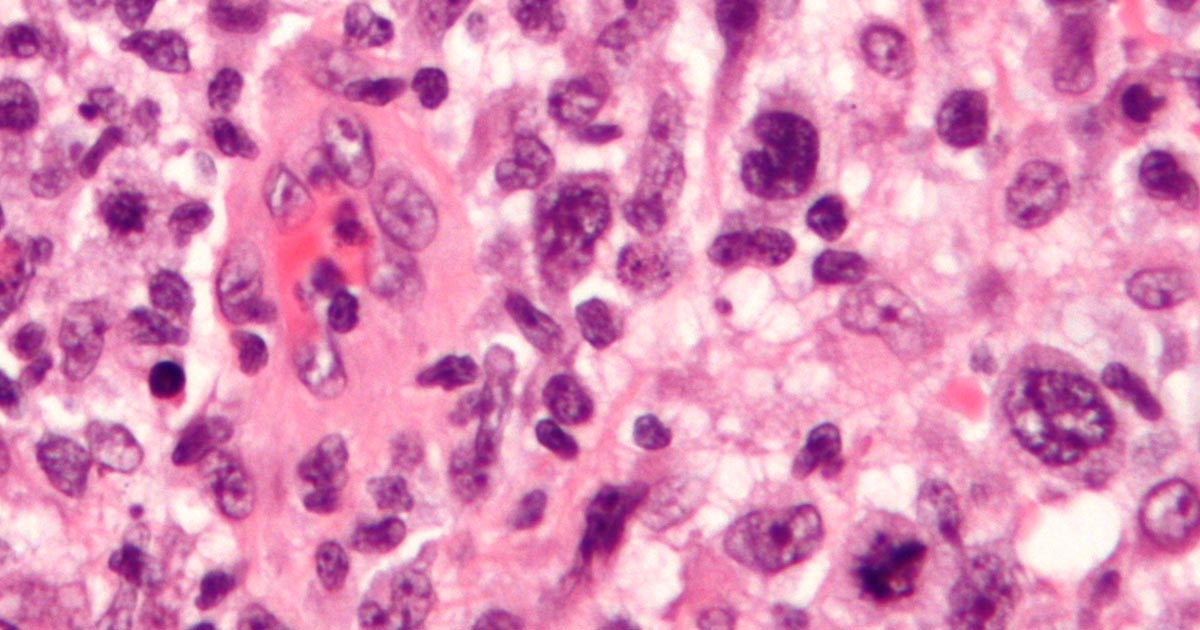Breast implants are a common choice for cosmetic and reconstructive surgeries. However, there are potential complications, one of which is Breast Implant-Associated Anaplastic Large Cell Lymphoma (BIA-ALCL), a rare type of cancer that can develop around breast implants. Detecting BIA-ALCL early is crucial for timely treatment.
A recent pilot study by researchers Imran Khan Mohammed et al., has shown promising results for a new diagnostic tool that could revolutionize the detection of BIA-ALCL. The study, titled “CD30 Lateral Flow and Enzyme-Linked Immunosorbent Assays for Detection of BIA-ALCL: A Pilot Study,” focused on developing a CD30 lateral flow assay (LFA) as a potential rapid test for soluble CD30, which could be used for point-of-care diagnosis of BIA-ALCL.
The CD30 LFA was compared with the traditional method of detection, which involves cytology and detection of CD30 by immunohistochemistry or flow cytometry. The results were impressive, showing that the CD30 LFA had a sensitivity of 100.00% and a specificity of 70.00% for detecting BIA-ALCL. The test was also found to be easy to perform, taking less than 20 minutes and requiring no special equipment, making it suitable for use by non-specialized personnel.
According to the researchers from Indiana and Brown University, the CD30 LFA has the potential to be used as a companion diagnostic for detecting implant failure. It is portable, low-cost, and can be performed in an office or surgical suite, potentially saving patients time and travel expenses. Additionally, its ease of use makes it feasible for use in under served populations.
The study was a collaborative effort, with contributions from various researchers in the field. The authors believe that the CD30 LFA could significantly improve the early detection of BIA-ALCL, leading to better outcomes for patients with breast implants. Further research and validation are needed, but the results of this pilot study are promising for the future of breast implant diagnostics.

